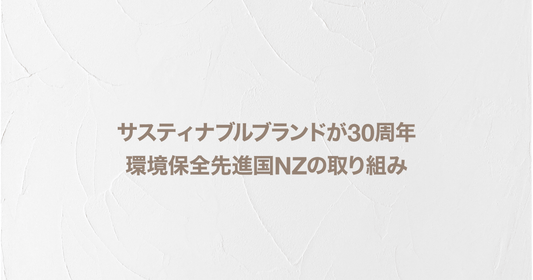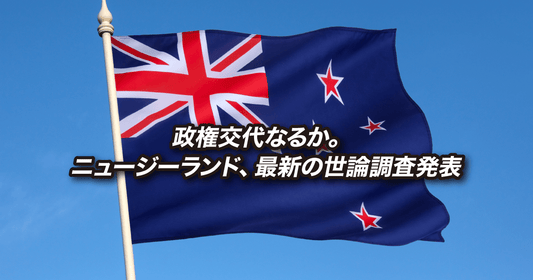
New Zealand is preparing for a general election in October. A survey was conducted on the public regarding the policies they expect from political parties. 48% of people answered that they place the greatest importance on policies regarding the cost of living due to rising prices and utility bills .
This was followed by "climate change" at 12%, "healthcare" at 11%, "crime" at 10%, "tax cuts" at 5%, and "education" at 4%. The cost of living at 48% is an overwhelmingly high figure, showing how high prices are putting a strain on people's lives.
Food costs increased by 12%
In New Zealand, the minimum wage has tripled compared to 25 years ago due to rising land prices. Prices continue to rise along with rising labor costs. Food costs have been rising for the past 18 months, due in part to rising global energy prices, and food costs in February of this year were up 12% compared to February of the previous year.
A New Zealand economist said in an interview on national television
It is said that the peak of the global price hike has passed, but prices are still high, and food costs are expected to remain high for the rest of the year. With an increasing number of people getting into debt or unable to pay their loans, politicians facing elections are being pressured to do something to help those who are suffering.
He commented.
The current ruling Labour Party implemented a policy last year called the "Cost of Living Payment," which provides subsidies of $350 (approximately 30,000 yen) to low-income earners and other certain citizens.
But political commentators
(Last year's subsidies for low-income earners and others) were a stop-gap measure, and voters should already be forgetting about it. It is hoped that a more effective plan will be included in the budget proposal in May.
He said.
Strong interest in climate change
Although high prices are people's biggest concern, New Zealanders are also becoming increasingly concerned about climate change.
The poll found that a majority (54%) said more immediate action is needed to combat climate change.
People's interest in climate change has increased further in the wake of abnormal weather that has hit New Zealand, such as the heavy rains that hit Auckland in January this year and Cyclone Gabriel, which caused extensive damage in the eastern North Island last month.
In New Zealand, various efforts are being made to combat climate change, including achieving net zero (net zero greenhouse gas emissions) by 2050, promoting clean energy, reducing waste, and promoting the use of electric vehicles. However, it seems that many New Zealanders are calling for the pace of these efforts to be accelerated.
What is Prime Minister Hipkins' approval rating?
New Zealand Prime Minister Hipkins, who leads the current ruling Labour Party, is doing well in the latest opinion poll, with his approval rating increasing by 4 percentage points to 27%.
By the way, for convenience, we have translated this figure as "approval rating," but the correct number is Preferred Prime Minister, which literally translates to "Who likes the Prime Minister?" in Japanese.
Following Hipkins was the National Party's Luxon with 17%. Luxon's approval rating dropped by 5% from the last survey, making for a disappointing result. Former Prime Minister Ardern was also preferred by 2% (up from 5% last time).
The Labour Party's approval rating as a party has fallen by 2 percentage points to 36%, while the National Party has also fallen, but to 34%. This is a close call.
With the election approaching, attention is focused on how each political party will work.





